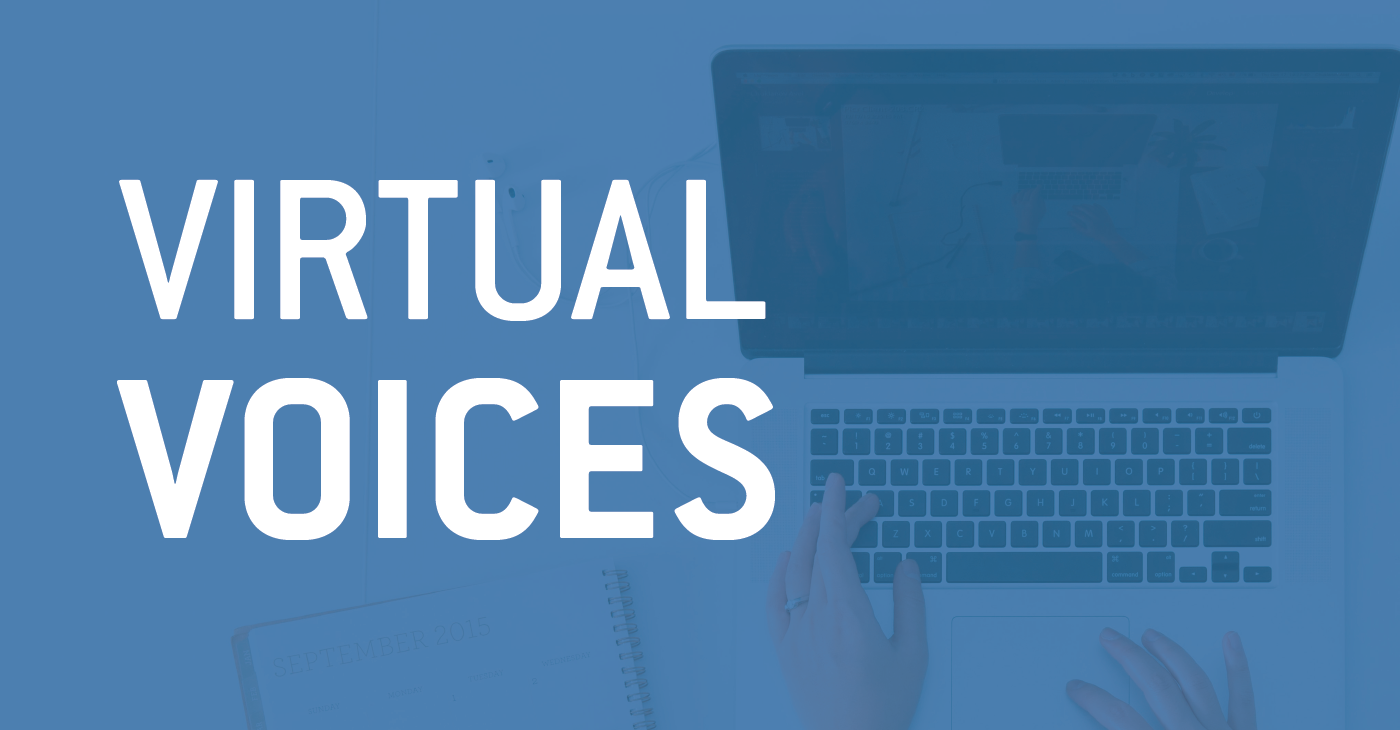The Denver Metro Chamber Leadership Foundation and TIED (Talent, Inclusion, Engagement & Diversity) hosted their second collaborative Virtual Voices on Thursday, Feb. 18, which continued the conversation from the Jan. 21 session. (Read a recap of that session.) This session focused on the history of racism in Denver and Colorado and focused on ways that all individuals can leverage their power as anti-racists in racist structures.
Dr. Tom Romero, interim vice chancellor for diversity, equity and inclusion at the University of Denver, moderated the discussion. He was joined by Hasira “Soul” Ashemu, founder and chief visionary officer at Righteous Rage Institute, and Magdelana “Maggie” Red, co-founder of EquityIs.org and Equity Labs. Dr. Romero presented on the historic legacy of the tension between color consciousness and color blindness that is integral to the founding of the state, its laws and the implications that tension has today. Ashemu and Red then joined Dr. Romero for a robust discussion on how to use knowledge gained from history to create change today. You can read definitions of color consciousness, color blindness and more words and phrases that helped framed the discussion here.
Check out our key takeaways and the video of the webinar below.
Colorado was founded with a clear color consciousness. Due in part to the fact that Colorado gained statehood at the height of the Civil War, color consciousness is present in our state constitution and laws. For example, Colorado was the only state that had a bilingual provision in the state’s constitution. At the same time, there is often erasure of the Indigenous and Native American communities that thrived in the West prior to Colorado’s founding.
Coloradans are not color blind. Colorado has discriminated against many communities of color from redlining that impacted Black families to Japanese internment camps during World War II and the systemic segregation of Denver Public Schools. Denver is one of the most dangerous places for Black youth when it comes to interactions with police and is one of the fastest gentrifying cities in the nation. An inability to reflect upon Colorado’s history in regard to race and racism only aids white supremacy. We must confront our history in order for it to guide our path to the future.
History shows us that race and racism are central to our systems. By educating ourselves and others on the impact racism has on our daily lives, we will have an increased understanding of how racism is built into our existing structures of governance, law and society. We must examine traumas of the past and see how whiteness has consistently been centered throughout history. Education can provide healing, which is critical to the work of increasing racial equity moving forward.
Institutional racism is held in place by individuals. In order to dismantle systemic racism, we need to engage the individuals that make up institutions. Racism is not some monster on a hilltop. Racism and white supremacy live within individuals. Change happens from the inside out, and individuals need to engage with anti-racist work and reflect upon their biases to hold institutions accountable and ultimately change systems.
We must hold each other accountable. Denver is not a bastion of equality and progressivism in our country, and we need to recognize that. When we hold individuals accountable, those individuals are ultimately the ones who can then hold organizations accountable and change systems. If we do not engage with the painful history of racism in Denver and Colorado, we cannot move forward to build a more just future.
Our speakers and audience members provided resources for further learning. You can also view a list of resources compiled from all Virtual Voices webinars here. We have started a list of definitions to help frame this and future discussions at Virtual Voices. You can read and download that list here.
Read
- The Colonizer and the Colonized by Albert Memmi
- Plantation Politics and Campus Rebellions by Bianca C Williams
- Black Skin, White Masks by Frantz Fanon
- The Sum of Us by Heather McGhee
Watch
Join us for an upcoming Virtual Voices. Check out our upcoming programs.
- Virtual Voices | Breaking Down Systemic Racism – 11 a.m. to noon, March 18

